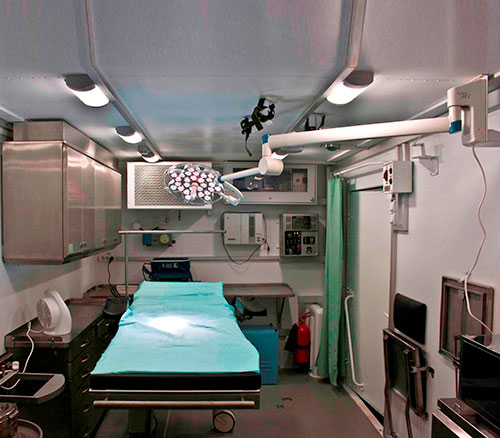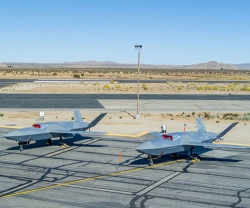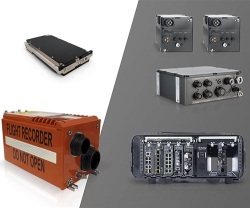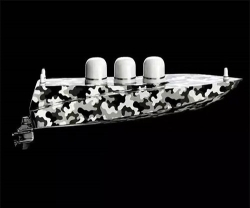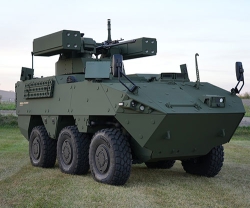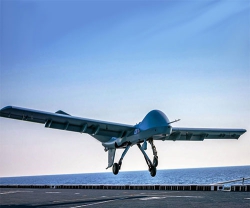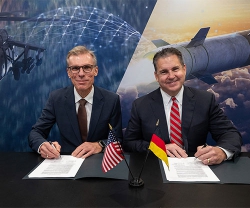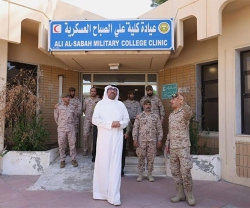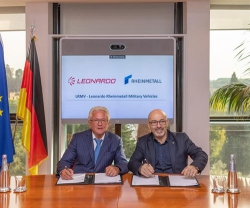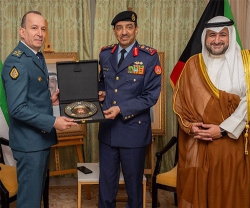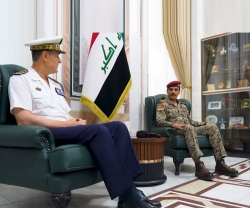A few days ago, the 14th IL-76 military-transport aircraft of the Russian Air Force landed at the military base south from Rome to bring another portion of the badly needed aid to Italy. The first plane with the slogan “From Russia with love” landed in the European epicenter of the Coronavirus pandemic on Sunday, March 22 shortly after the phone call of the desperate Italian Prime Minister Giuseppe Conte to Vladimir Putin.
In contrast with Italy’s NATO and EC allies who, so far, have not provided any needed supplies to the Mediterranean country, the Russian President decided immediately to join China and Cuba in their support of the Italian fight with COVID-19.
Italy’s permanent representative to the EU, Maurizio Massari appealed for help via the EU Emergency Response Coordination Centre in February. In a recent interview, he said Italy asked for supplies of medical equipment, and the European Commission forwarded the appeal to the member states, but it didn’t work at all.
According to the Russian Ministry of Defense (MoD) official figures, the aid is to consist of 8 brigades of virus specialists of 100 men and women and disinfection tracks, as well as medical equipment, protective masks and coats, ventilators, swabs and testing equipment. Many of the team members are well experienced having fulfilled the Russian aid missions to Africa for the Ebola virus and other epidemic relief.
Russia may be able to increase the aid amount easily. According to Lieutenant-General Igor Kirillov, Head of RChBZ (anti-radiation, chemical and bacteriological protection) troops, he has provided to Italy just one complex laboratory from 15 available, as well as 8 specialized vehicles from 2065 and 66 personnel from over 20 thousand combatants under his command.
Apart from the MoD stocks, Russia can offer a variety of advanced means for diagnostics, treatment and localization of viral and bacterial infections, including COVID 19. The Head of State Intermediary in defense export and import operations, Rosoboronexport CEO Alexander Mikheev, recently confirmed that his company is able to provide “a complete set of means and equipment to effectively manage most epidemic threats, including novel virus infections”.
“The company’s portfolio includes various mobile hospitals with units for diagnostics and treatment of contagious diseases, control and disinfection stations as well as modular facilities for isolation and observation of quarantined persons. Those modules have been “self-contained, comfortable for the personnel and patients, to be installed within short time from one to six days,” Mr. Mikheev added.
The module-built mobile field hospitals (MFH) have been designed and manufactured by the Russian Proekt-Technika Corporation. Its standard version provides qualified medical assistance to up to 300 people a day, around 30 persons can be hospitalized for up to 30 days. On customer’s request the MFH bed availability, as well as the number of checking rooms, can be increased easily.
The hospital is partially or fully mobile, as it uses its own motor vehicles (URAL or KAMAZ cross-country container trucks). For long distance transportation the MFHs can be delivered by rail, air or ship. Medical modules can be mounted on the customer’s motor vehicles after necessary adaptation.
The box vans are both operational on the chassis and on the ground. To remove the body of the truck from the chassis, a crane or special cargo-handling devices should be used. Advanced life-support systems guarantee a comfortable working environment in various climate zones at temperatures from -50°C up to +50°C.
According to Mr. Mikheev, Rosoboronexport is also able to offer a self-contained field camp (APL-500) with a closed-loop life support system for up to 500 people. The camp is fully self-contained to include sanitation and hygiene modules, water storage and purification modules, food storage modules, a kitchen, a bakery, a power station, air conditioners, modules for waste reception, disinfection and disposal. To treat the sick or wounded persons the camp can be equipped with medical support modules. The special checkpoint modules can be also provided to be separately stationed at the borders of the quarantine areas in order to check, screen and test the persons moving between cities, towns or areas and prevent the spread of contagious and viral diseases.
The above mentioned hospitals and camps have undergone tough tests within the framework of rescue and relief operations of the EMERCOM of Russia, as well as in peacekeeping missions, and actions of law-enforcement, security and civil defense agencies of other countries.
According to Mr. Mikheev, Rosoboronexport is also able to provide technical supervision systems to monitor compliance with the quarantine and self-isolation regime of individuals. This system is a part of the Safe City complex being designed by the Rostec Corporation companies. The system has proved its efficiency to identify over 200 cases of violation of the self-isolation regime since its establishment in Moscow on March 5, 2020.
Russian officials have been calling on all nations to put aside the sanctions policy and to combine forces against the COVID-19 pandemic.

